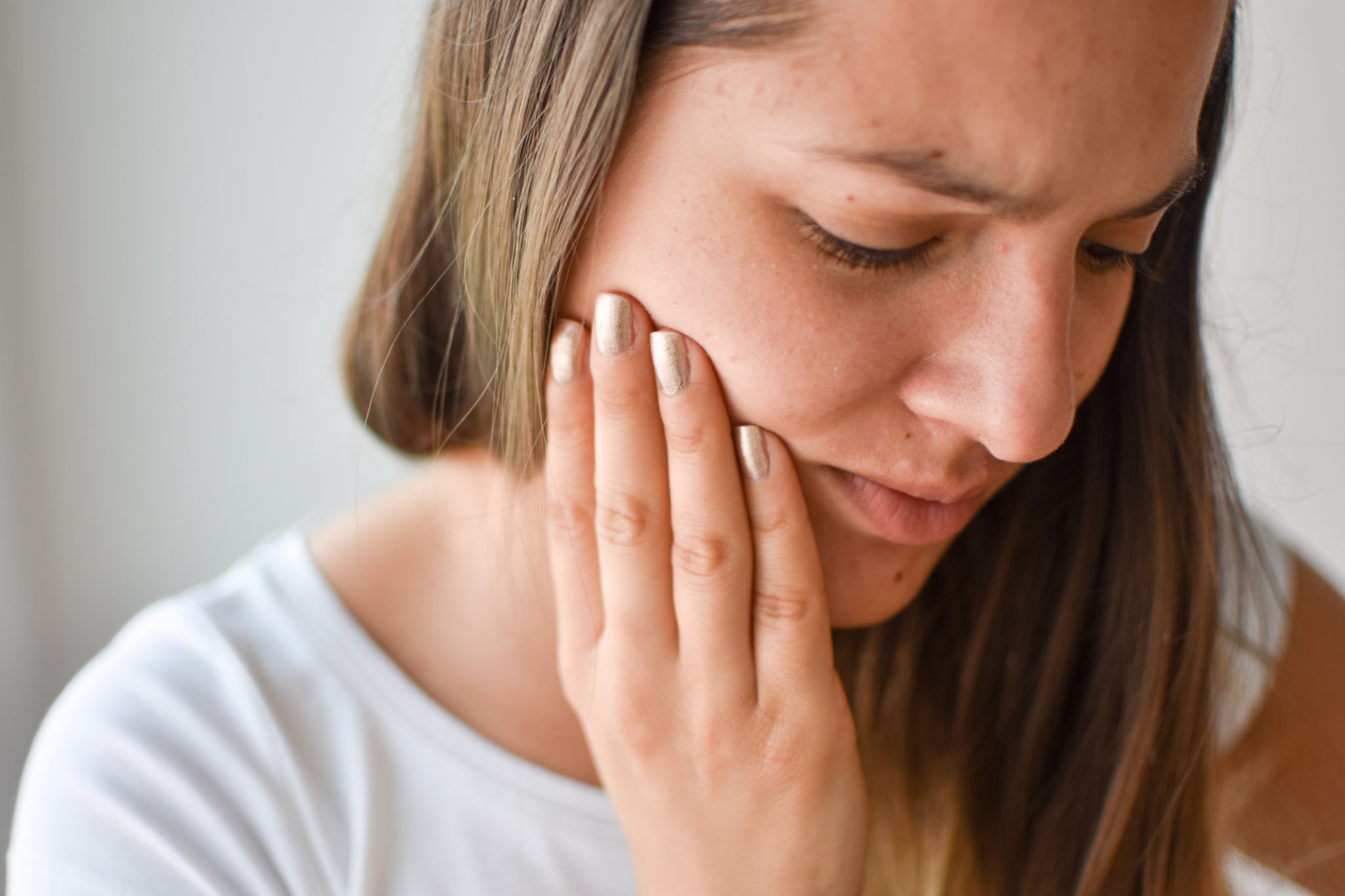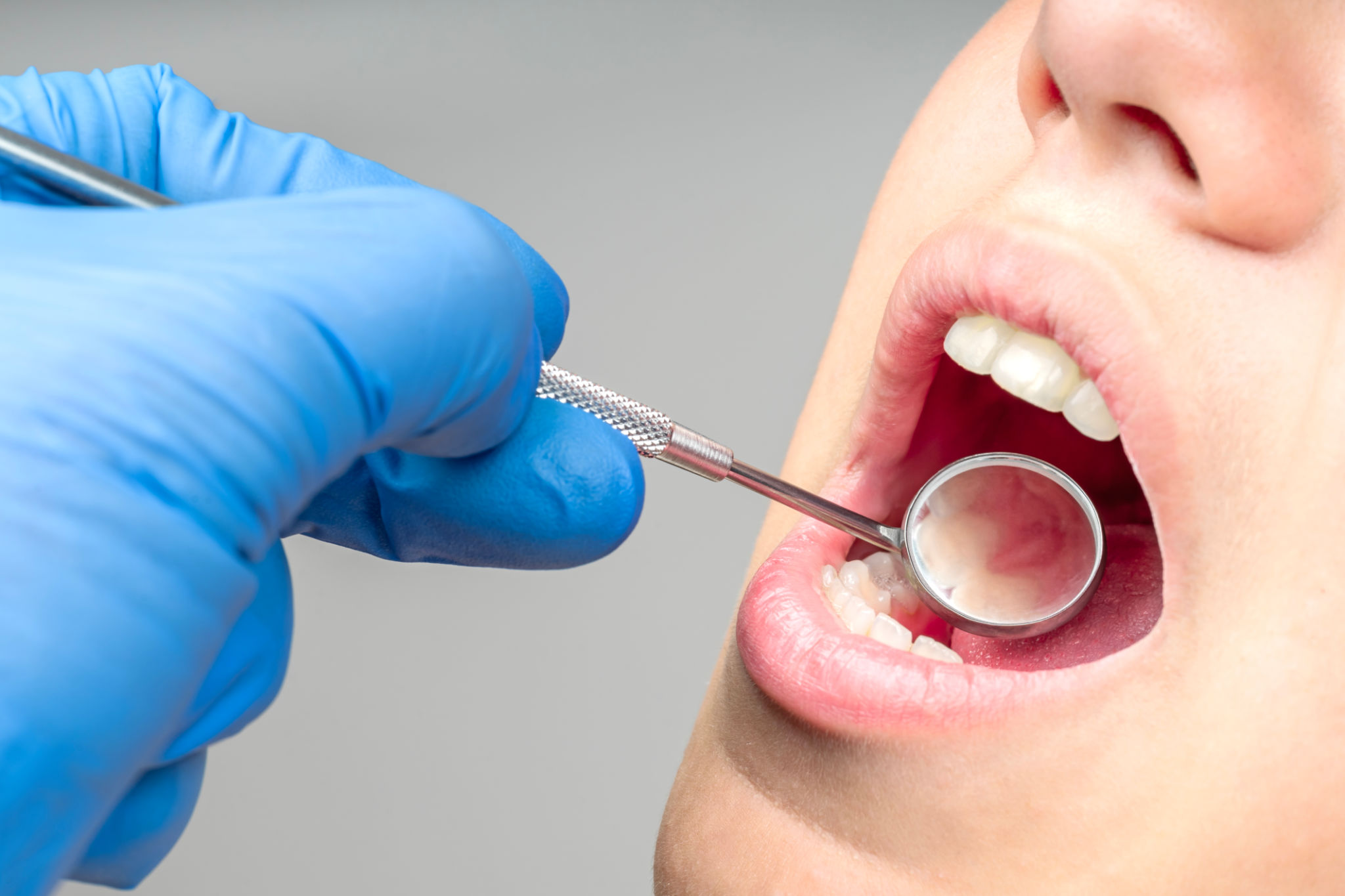A Step-by-Step Guide on Managing Dental Emergencies at Home
Understanding Dental Emergencies
Dental emergencies can happen to anyone, and knowing how to manage them effectively at home can make a significant difference in outcomes. From sudden toothaches to unexpected injuries, being prepared can help reduce pain and prevent further damage. This guide will walk you through the steps to take in common dental emergencies.

Toothache Relief
A toothache can be debilitating, and managing it quickly is crucial. Start by rinsing your mouth with warm water to clean the area. Use dental floss to gently remove any trapped food particles. If swelling is present, apply a cold compress to the outside of your cheek. Avoid placing aspirin directly on the gums as this can cause burns.
Knocked-Out Tooth
Time is of the essence with a knocked-out tooth. Pick up the tooth by the crown (the top part), avoiding the roots. Rinse it gently with water, but do not scrub or remove any attached tissue fragments. If possible, place the tooth back in its socket, ensuring it's facing the right way. If you cannot reinsert the tooth, store it in milk or a saline solution until you reach a dentist.

Cracked or Chipped Tooth
If you experience a cracked or chipped tooth, rinse your mouth with warm water and apply a cold compress to reduce swelling. Avoid chewing on that side of your mouth and take over-the-counter pain medication if needed. Collect any pieces of the tooth if possible, as this can assist your dentist in restoration.
Dealing with Soft Tissue Injuries
Injuries to the soft tissues of the mouth, such as the tongue, cheeks, or gums, can often bleed profusely. Rinse your mouth with a mild saltwater solution, and use a piece of gauze or a clean cloth to apply pressure to the bleeding area for 10-15 minutes. If bleeding persists, seek immediate medical attention.

Lost Filling or Crown
If a filling or crown falls out, keep the area clean and avoid chewing on that side of your mouth. You can temporarily reattach the crown using dental cement available at most pharmacies. However, it is important to see your dentist as soon as possible for a permanent solution.
Preventing Dental Emergencies
While emergencies are not always preventable, taking certain precautions can minimize risks. Maintain regular dental check-ups, use mouthguards during sports, and avoid chewing on hard objects like ice or popcorn kernels. A robust oral hygiene routine also plays a vital role in keeping your teeth healthy and strong.

Conclusion
Knowing how to handle dental emergencies at home can alleviate discomfort and prevent further complications until professional care is accessible. Always follow up with your dentist after an emergency for comprehensive care. Prioritize preventive measures to safeguard your oral health and reduce the likelihood of emergencies.
